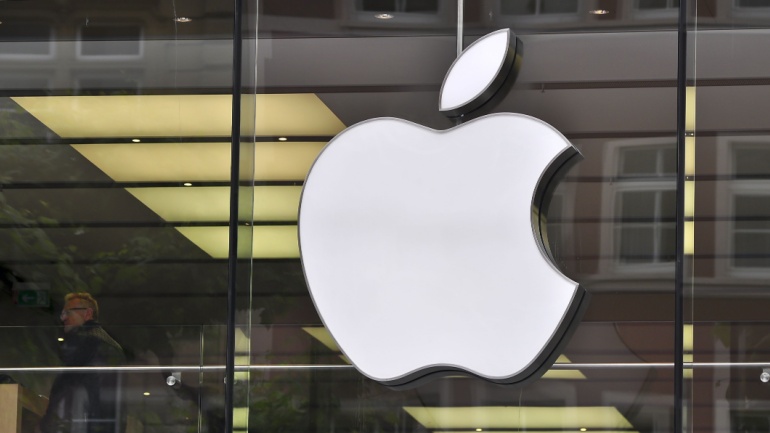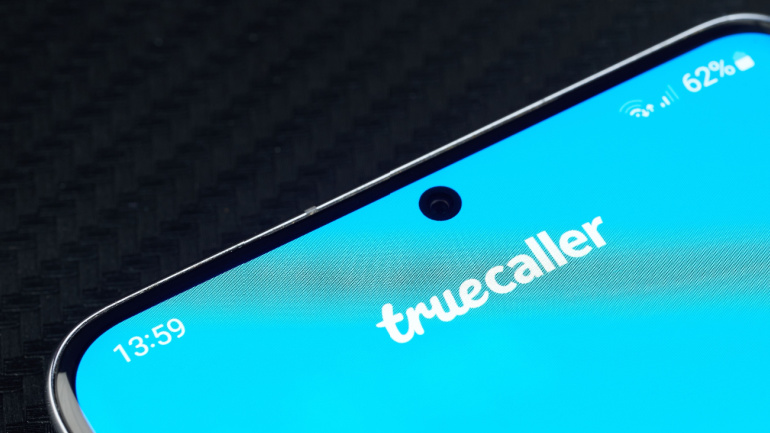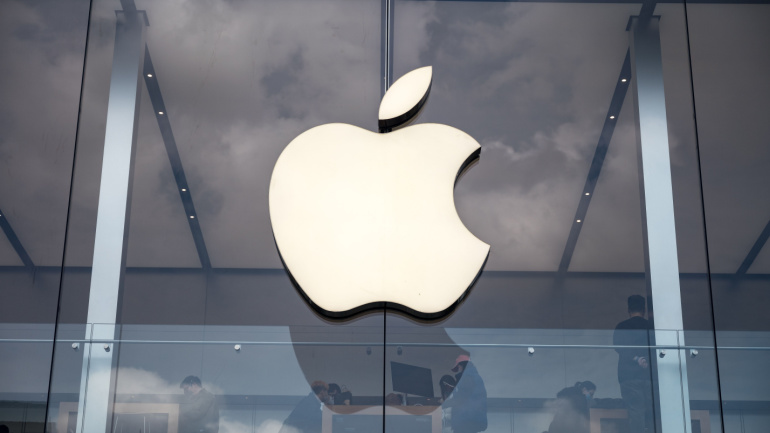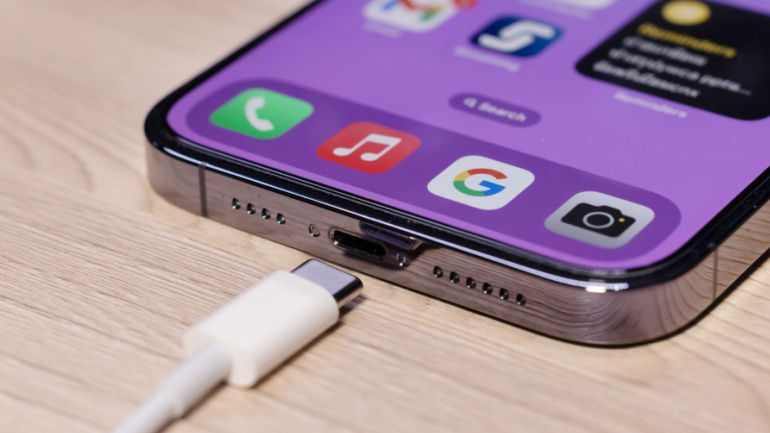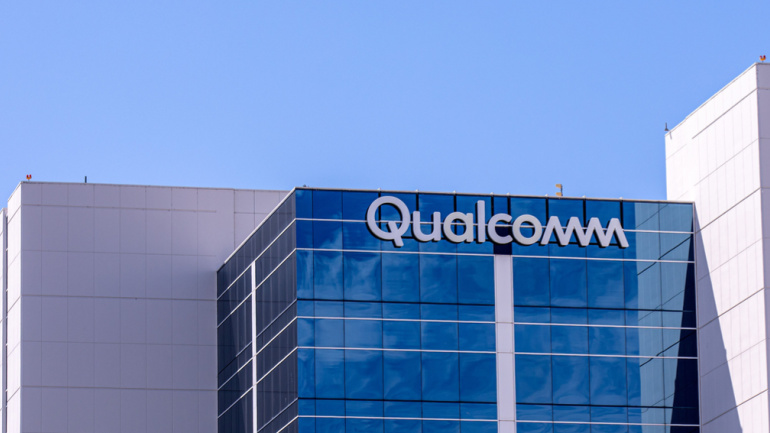In a significant move, the US government has initiated a comprehensive legal battle against Apple Inc., accusing the tech behemoth of monopolistic practices within the smartphone industry that purportedly suppress competition and inflate costs for consumers. The Department of Justice, in collaboration with 16 state and district attorneys general, has filed a civil antitrust lawsuit charging Apple with monopolization or attempts at monopolization of the smartphone market.
In a surprising turn of events, Apple, the tech powerhouse, has emerged victorious in the global smartphone market for 2023, surpassing its competitors in sales despite maintaining its position as the most expensive option. This revelation comes from IDC, the first analyst firm to release figures supporting Apple’s unprecedented success this year.
In a testament to its global popularity, Truecaller has secured a coveted spot in Apple’s prestigious list of Top Apps for 2023. The communication platform, traditionally dominant on Android, has surged in popularity since the launch of its revamped iOS version in 2022.
Magenta Telekom collaborates with Mavenir, deploying a Cloud-Native IMS solution for advanced voice services like VoLTE and VoWi-Fi, supporting 5G Voice and WebRTC. Snom introduces the C620 DECT conference phone, offering a cordless solution with HD audio quality, wireless microphones, and flexibility for varied environments. CallTrackingMetrics unveils LeadReactor for outbound calling and enhances Zoom integration, optimizing agent productivity. Apple surprises with plans for RCS support on iOS, aiming to improve interoperability between Android and iPhone users,
Exploring Apple’s groundbreaking leap in silicon innovation with their latest M3, M3 Pro, and M3 Max products, it’s evident that personal computer processing is being redefined. Promising substantially expedited rendering times and performance enhancements across the board, Apple offers these not as mere upgrades, but as game-changers in the hardware world. Furthermore, these innovations signal noteworthy shifts in the broader landscape of PC CPU chips, traditionally dominated by Intel and AMD, now facing exciting competition. Dive deeper to discover the impact of these changes in the world of technology.
The unveiling of Apple’s four new iPhone models sparked a surprising underwhelm in the tech community. Meanwhile, debates rose regarding China’s nimble navigation around US tech embargoes, especially regarding iPhone use. No less intriguing were the discussions around Open RAN – tech pioneers revisited this initiative with the UK’s recent efforts to regain Open RAN momentum.
Apple’s recent unveiling of four new iPhone models, with prices starting from £799, highlights the company’s steady stream of innovation. This release has also stirred debate among smartphone enthusiasts questioning the extent of the innovations, especially considering the premium pricing. Despite predicted criticism, Apple maintains its market dominance by committing to incremental upgrades, asserting a commitment to environmental responsibility, and boasting durable, low-bug products.
Apple’s pursuit of self-reliance in 5G technology is put to the test as it continues its reliance on Qualcomm’s Snapdragon 5G Modem‑RF Systems till 2026. Despite acquiring Intel’s modem segment after a failed business collaboration, Apple’s efforts to create an in-house 5G modem cast doubt on its separation from Qualcomm. The competition intensifies with Huawei’s claim of a successful 5G modem design, amidst the encroaching discussions on 6G technology.
Google Chrome’s desktop version is set for a Material You design update. Apple hints at traditional smart glasses development through a recent patent, complementing their Vision Pro headset. Verizon introduces a versatile Mobile Onsite Network-as-a-Service for enterprises, offering private networks, edge compute, SD-Wan, and satellite connectivity. Meanwhile, Google unveils its Pixel 8 series and teases the Pixel Watch 2 ahead of an October 4th launch event.
The EU’s strategic push under the Digital Markets Act has resulted in mega-tech firms Alphabet, Amazon, Apple, ByteDance, Meta and Microsoft being labelled ‘gatekeepers’. With this new classification, pivotal changes are expected in the realm of digital services for end-users and businesses. Crucial guidelines centering around data transparency, competitiveness, and platform interoperability must now be adhered to. On the other side of the coin, brands such as Samsung have evaded the ‘gatekeeper’ tag.



